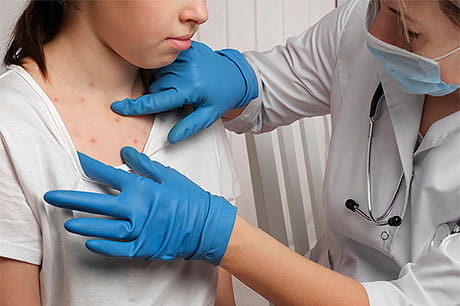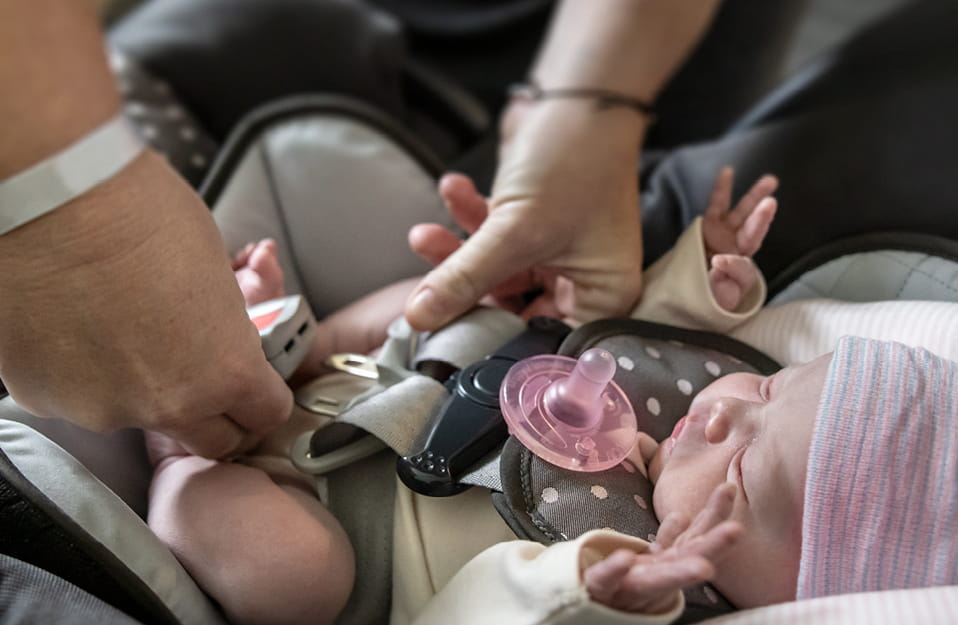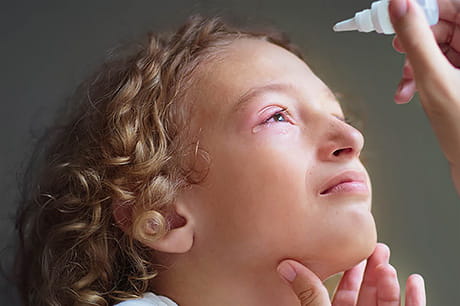The benefits of probiotics for kids
Should kids take probiotics? A Geisinger pediatrician explains what to consider.
Probiotics are a trendy topic — you may have passed them in the health food aisle at your local grocery store or seen the benefits touted by an influencer on social media.
But while many adults use these supplements to help regulate their digestive systems, probiotics don’t always work the same for children.
“Probiotics are useful for keeping your digestive tract healthy,” says Joy Drass, MD, a Geisinger pediatrician. “But it’s important to know the benefits and potential risks of probiotics for kids.”
Probiotics are good bacteria
Your body is home to billions of organisms like bacteria, fungi and yeasts. Most of these organisms are harmless and many help your body work properly — they form what’s called the human microbiome.
“Probiotics are some of the helpful ‘good bacteria’ that make up your microbiome,” explains Dr. Drass. “They come in supplement form, but they also occur naturally in certain fermented and aged foods like yogurt, cheese and sourdough bread.”
There are many strains of probiotics, each with their own potential benefit. Some common strains of probiotics for kids are:
- Lactobacillus rhamnosus
- Lactobacillus acidophilus
- Saccharomyces boulardii
- Bifidobacterium lactis
“Probiotic strains are not all created equal,” says Dr. Drass. “Generally, it’s better to consume a diverse range of strains to promote overall gut health.”
What are the benefits of probiotics for kids?
More research is needed, but some studies suggest that probiotics may offer the following benefits for children:
- Improved digestion
- Help with diarrhea, constipation, colic and symptoms of irritable bowel syndrome or inflammatory bowel disease
- Reduction of side effects from antibiotics
- Improved immune system function
- Reduced risk of autoimmune diseases
- Prevention of asthma and allergies
Probiotics might also benefit mental health and prevent recurring urinary tract infections, but Dr. Drass says more research is needed.
“The science is still new,” explains Dr. Drass. “While research on probiotics for kids looks promising, others suggest that they might simply be passed as normal waste and have little to no effect on them.”
Are probiotics safe for kids?
Probiotics are considered safe for kids — with some exceptions, notes Dr. Drass.
“You should avoid giving your child probiotics if they have a compromised immune system or cancer, or if they are a premature infant,” she says. “In these cases, probiotics can put them at risk for infections.”
And if your child is taking antibiotics, check with your pediatrician or pharmacist first — not all probiotics are effective when mixed with antibiotics.
Some potential side effects of probiotics include gas, bloating and constipation. “These usually are mild and go away after a few days, but you should always check with your child’s doctor if you notice any changes in their bowel habits,” says Dr. Drass.
Choosing the best probiotic for your child
Because supplements are not regulated and dosages for each strain can vary, Dr. Drass suggests focusing on probiotic-rich foods unless your pediatrician recommends otherwise.- Yogurt
- Sauerkraut
- Kombucha
- Kimchi
- Kefir
- Miso
- Fermented cheeses like cheddar or Gouda
- Pickles (fermented, not in vinegar)
- Sourdough bread
For most kids, foods like yogurt contain all the probiotics they need to support a healthy gut.
But if you’re curious about supplements or have specific concerns, talk to their pediatrician. They can recommend probiotics or other ways to keep their tummy healthy and happy.
Next steps:
Learn about pediatric care at Geisinger
Is your child’s upset stomach a sign of an ear infection?
How to tell if you or your child are lactose intolerant





